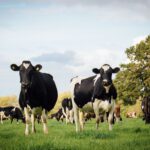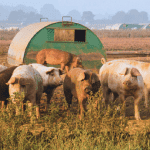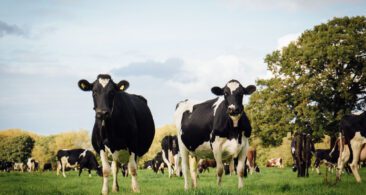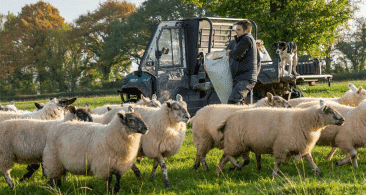A recent report has found that meat replacements are not the solution to achieving a sustainable food and farming system and are even likely to worsen problems already found within the world’s increasingly industrial food system. Instead, more resources should be used to improve the entire global food system and food supply chains rather than simply swapping out meat and dairy products.
The report ‘Politics of Protein,’ was produced by the International Panel of Experts on Sustainable Food Systems (IPES Food) – a group of 23 experts from 16 countries, across five continents who have no government or corporate funding.
Protein is at the centre of an increasing focus on sustainable and healthy diets. The report examined the complex debate on the role of meat in our diets and its production, without input from pro- or anti-meat lobbies, shedding light on misleading and over simplified information that often dominates the public debate.
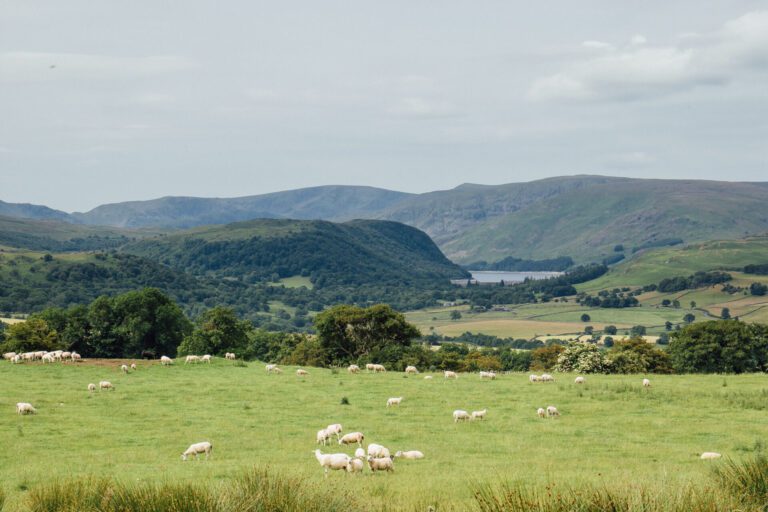
CONCLUSIONS OF THE REPORT
The 104-page report concludes that the debate on protein
- focuses largely on CO2 emissions instead of overall environmental impact
- ignores how food is produced and the differences between world regions
- fails to see the whole food system
- focuses on simplistic silver-bullet solutions
“Just as electric cars are not a silver-bullet to fix climate change, these solutions are not going to fix our damaging industrial food system. We need to change the system – not the product.” – Phil Howard, lead author of the report.
SO, WHAT DO THEY RECOMMEND?
- More focus on changing existing food systems and creating sustainable food policies, rather than switching to protein alternatives
- Prioritise reform pathways that deliver on all aspects of sustainability, starting at a regional level (measure what matters, where it matters)
- Get back public resources from ‘big protein’ to realign innovation pathways with the public good and reset the debate on protein

